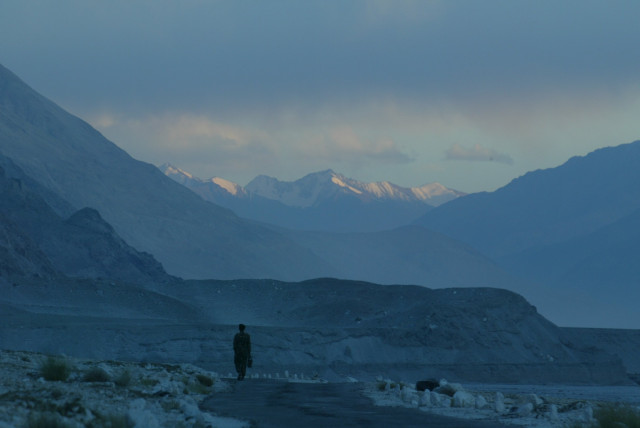Sense of neglect still grips Tribal belt
Lack of reforms has left residents uncertain and worried about their future

Representational image. PHOTO: REUTERS
“The government might claim the tribesmen are happy, but they are not. Unhappy residents torched a police vehicle, and that shows how furious the people are,” said Alam Zeb Afridi*, nearly twenty months after the official union with Khyber-Pakhtunkhwa (K-P). Afridi is one of the leaders of the movement against the merger.
In May 2018, the seven tribal regions, known as the Federally Administered Tribal Areas (Fata), were merged with K-P, bringing the regions into the mainstream political and legal system of the country. But little has changed since then for the residents. The struggles, the demands, and the hopes remain the same.
When asked about the billions in federal assistance to the region, a furious Afridi responded: “They (government) has promised billions in the past, but nothing has changed.”
“The government has failed to construct hospitals and schools in this region. Have you seen any since the merger?” questioned Afridi. The infuriated tribal leader urged the government to end the seven decades of neglect before it is too late.
“And if the government fails to keep its promises and implement the reforms it promised, there will be a fresh wave of violence that might even lead to the formation of Qabailistan province,” warned one tribal leader, who spoke on the condition of anonymity.
With its capricious colonial system of justice and lack of full political representation, the tribal belt, for too long, suffered from a legal and administrative vacuum. Meant to empower the millions who lived there, the merger has instead left the residents uncertain and worried about their future.
“A list of 25 points was discussed. Not a single one of them has seen the light of day,” claimed Ijaz Mohmand, an active proponent of reforms. “Only 1% of the people are involved in legislation,” Mohmand said.
In Mohmand’s assessment, the merger has always struggled with bureaucratic hurdles. The harsh set of British colonial laws, known as the Frontier Crimes Regulations that have been denounced by rights groups, are still in place, according to Mohmand.
“Assistant commissioners are empowered instead of the political agents, who had all the authority before the merger,” he said, indicating the lack of change in the system.
Mohmand, too, questioned the government’s financial promises at the time of the merger: “The government promised Rs.110billion in 2018 and a similar amount in 2019. Where is the money?”
He warned the absence of reforms coupled with the lack of economic development, will increase the sense of neglect and disenfranchisement among the population. “This can lead to riots and civil unrest in the region,” he cautioned.
In parting, he said the absence of reforms might even create room for terrorist organisations in the region. “The failure to implement reforms in the tribal belt will also enable foreign powers to use the situation to their advantage,” Mohmand said in a subtle warning to the government.
*Names have been changed to protect the identities of individuals.
Published in The Express Tribune, February 7th, 2020.



















COMMENTS
Comments are moderated and generally will be posted if they are on-topic and not abusive.
For more information, please see our Comments FAQ